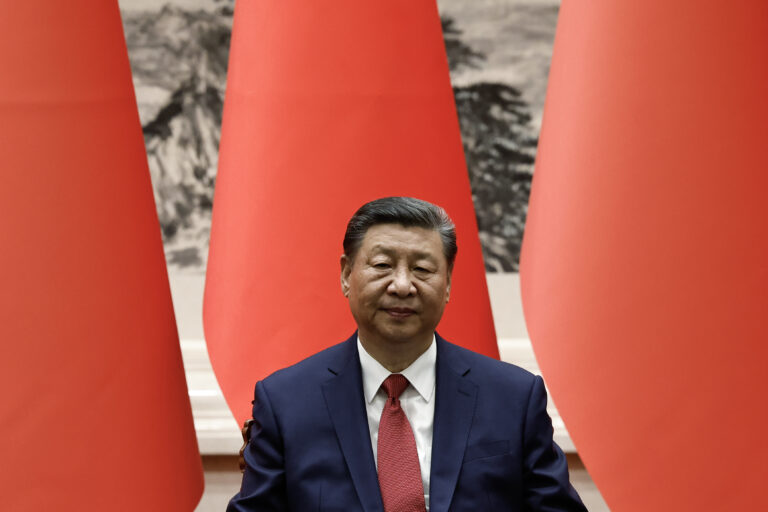Some analysts say the deepening defense ties between Russia and North Korea are likely a source of anxiety for the Chinese establishment.
“Beijing doesn’t want relations between Moscow and Pyongyang to get too close, and the possibility of Russia supplying arms to North Korea will be questioned in China,” said Edward Howell, a lecturer at Oxford University and a Korea Foundation fellow at Chatham House, a London think tank. Newsweek.
Russian President Vladimir Putin visited Pyongyang last week for the first time in 24 years and signed a comprehensive strategic partnership treaty with North Korean leader Kim Jong Un, pledging military support to each other if the other comes under attack.
The move drew condemnation from the United States, Japan and South Korea, who said in a joint statement that the defence pact was a “grave concern to all those interested in maintaining peace and stability on the Korean Peninsula”.
Putin’s visit raises questions about how China views North Korea’s relationship with Russia, which it has long considered its only true ally and with which it has had a mutual defense treaty since 1961.

Tingshu Wang/Getty Images
Howell believes China will tread cautiously.
“On the one hand, they want to continue to weaken the U.S. alliance with Japan and South Korea, and undermine the increased bilateral and trilateral cooperation that could emerge as a result of closer ties between Moscow and Pyongyang,” he said.
“But at the same time, China wants to make sure that Russia-North Korea relations don’t go too far,” Howell said, adding that China “doesn’t want to be excluded from any bold foreign policy decisions that North Korea makes.”
He said China has a stake in stability on the Korean peninsula and is concerned that Russia’s buildup of military technology could further inflame tensions between the two Koreas, already at their highest in decades. Howell said a scenario in which millions of North Korean war refugees flee across the Chinese border “is Beijing’s worst nightmare.”
Washington and Seoul suspect Russia is providing technology and expertise that could improve North Korea’s U.N.-sanctioned ballistic missile and nuclear weapons programs in exchange for thousands of containers’ worth of munitions that North Korea is believed to have sent to Russia for use in Putin’s invasion of Ukraine.
Sari Arjo Havlen, an associate research fellow at the Royal Institute for Security Studies, a London-based think tank, takes a different view.
“I was a little surprised by the comments that Beijing would feel annoyed and uneasy if Russia and North Korea were to develop closer ties,” she said. Newsweek.
Arjo Havlen said Putin likely received Xi’s approval for a state visit to North Korea during his visit to China last month.
“North Korea’s actions are unpredictable, but this move by Putin and Kim Jong Un is in Beijing’s interest as Xi does not want to see Russia defeated in Ukraine and it allows him to maintain the impression that he is limiting direct military support to Russia,” she said.
The United States and the European Union have criticized Chinese companies for exporting dual-use technology and components to Russia, including drone parts that support Russia’s military-industrial base.
The Biden administration has already imposed sanctions on several Chinese and Hong Kong companies believed to have facilitated the deal, and major Chinese banks have stopped processing yuan-denominated transactions with Russia.
Liu Pengyu, a spokesman for the Chinese Embassy in the United States, said: Newsweek He was unaware of the Treaty on Comprehensive Strategic Partnership between Russia and the Democratic People’s Republic of Korea (North Korea’s official name) or details about arms exports from North Korea to Russia.
“However, as two sovereign states, Russia and North Korea have the right to normal exchanges and cooperation,” he added.
Rare knowledge
Newsweek is committed to challenging conventional wisdom, seeking common ground and finding connections.
Newsweek is committed to challenging conventional wisdom, seeking common ground and finding connections.

